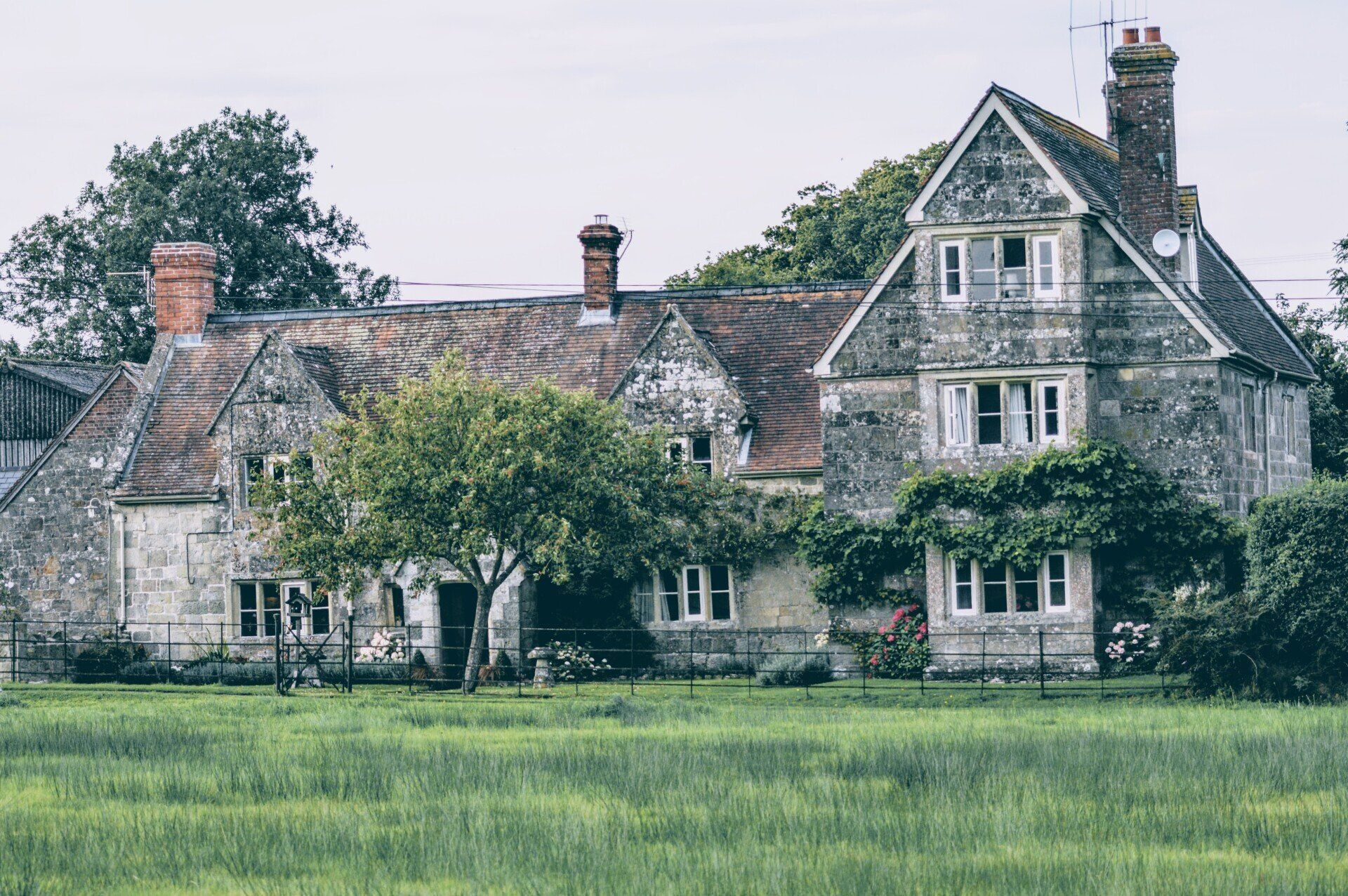Calgary Short Term Rental Management

A Division Of


A Division Of

Why are STRs (short term rentals) so much more popular for landlords now?
In recent years it's been clear that more and more home owners are converting their properties to STRs, and for good reason.
- LTR
Long Term Rentals are leases on properties that are in place for months or years at a time. While these types of leases are traditional and commonly used, they've been proven to cause headaches for landlords and deteriorate the condition of properties.
Long term renters often take the mind set that they now "own" the property, and as such they are quick to abuse the condition of that property. In most cases, when it comes to having a long term renter it means constant repairs, maintenance, and extreme amounts of wear and tear to your home and it's appliances.

- More wear and tear on your home caused by long term tenants
- Weeks or months go by without seeing the condition of your home
- Tenants who don't care for the property
- Property can become run down and dirty
- Potential for clandestine operations to be conducted inside your property
- Value depreciates while tenants are in possession


- STR
Short Term Rentals are leases that are in place for 30 days or less, with a turnover being done after every guest checks out. This means that after every single checkout your property is cleaned, sanitized, and inspected for damages.
Perhaps the most obvious reason for choosing STRs is the higher ROI (return on investment). Short terms rent at a nightly rate that typically equates to much more than traditional long term leases. While this of course means more work, the return can be worth it depending on the time a landlord can put into managing the property.
Unlike a LTR where weeks or months go by without seeing the condition of your property, with a STR it is inspected multiple times every month.
Each guest is vetted to ensure they meet the reservation requirements; individuals who have a positive track record, good reviews and who are recommended by other hosts on Airbnb. A deposit from every guest can also be taken to help mitigate the risk of potential damages.
The benefits that STRs provide is evident. Higher monthly income, constant inspections, and regular cleaning schedules are just some of the reasons why so many landlords are making the right decision when it comes to their rental properties.

- Higher ROI
- Less wear and tear on property since stays are shorter
- Less use of appliances prolongs their condition and life span
- Property is cleaned, sanitized and inspected after every guest
- Guests treat home with care and respect to avoid bad reviews or extra charges
- Property is kept in pristine condition 100% of the time
- Constant cleaning and inspections ensure no illegal activity can be carried out
- Any damages are repaired immediately to ensure we can continue sub letting as a STR
- Frequent maintenance and upgrades increase the property value
Frequently Asked Questions
-
What is subleasing?
Subleasing (also known as sublet or subletting) is when the tenant who is leasing a property turns around and re-leases the same property. Subleasing is completely legal as long as it is part of a written contract between the landlord and the original tenant.
For example: The landlord leases their property to RSL Empire (the tenant). RSL Empire then subleases the property as a short term rental on Airbnb. RSL Empire remains the long term tenant and continues to pay monthly rent to the landlord, the only difference now is that RSL Empire isn’t occupying the property, instead the guests from Airbnb would be occupying the space.
-
What is cohosting and how does it work?
Cohosting is when a current Airbnb host adds a ‘co host’ to their listing. A cohost takes on a portion of the work load from the host, and this work load can vary from simply managing bookings, to taking full control of the entire listing and all the other logistics associated to managing the listing.
-
How is subleasing a benefit for me and my property?
Subleasing through RSL Empire means that rather than having a long term tenant in your home who you really know very little about, you have a professional company taking care of your home for the duration of the lease agreement. Our business only works if the properties we are managing are in perfect condition 100% of the time. This means that your property is being regularly cleaned, inspected, and taken care of, which all ensures your investment will hold its value much longer than with a traditional long term tenant.
-
How is my property protected?
We have several safety measures in place to ensure your home is never abused or taken advantage of. When we sublease properties as short term rentals we only use Airbnb because it is the safest short term rental platform on the market. We only host guests who have positive reviews, who are recommended by other hosts, and who are verified through the Airbnb identification process. We install smartlock safety locks on doors to make sure there is no chance of keys being duplicated. Noise tracking devices can be installed to monitor the decibals of noise being produced inside the home, this ensures there are no parties or events that can get out of control. Each property we manage also comes with two separate insurance policies; Aircover through Airbnb, and a second policy which is through our own company.
-
How will the access to my property be safe and secure?
We install smartlock door locks on the entrance door of every property. These smartlocks can be accessed remotely at any time by our company. This means that at any moment we can change the passcode for the lock, we can monitor every single time the door is locked or unlocked, and at any given moment we can completely lock out the door.
-
What happens if there are damages?
Any damage that is caused by a guest will be repaired immediately and is covered by Airbnb. This coverage is a part of Aircover, a new protection plan that covers liability and damages caused by guests. This coverage covers up to $1M in damages, as well as $1M in liability.
If the property has damages then it will impede our ability to effectively rent it out on Airbnb, so as soon as any damage is discovered it is of utmost importance that we remedy the situation as quickly as possible.
-
What if someone is hurt, or fatally injured at my property?
These are the worst case-scenario situations that no one wants to think about, but that doesn’t mean they don’t have to be prepared for. In the case of any serious accidents there is the Aircover protection that covers up to $1M in liability, and if for any reason there were any disputes or not enough coverage, our own insurance policy covers up to $2M in liability for each property we manage.
-
How do I know the guests will be trustworthy and respectful of my property?
Like any rental situation, it’s hard to know exactly who will be renting your property until they’re really there and spending time in your home. The advantage of using Airbnb is that we have the reviews and recommendations of other hosts who have already had these guests occupying their home. Of course, there’s always the possibility of having a bad apple in the bunch, but with short term rentals it is a much easier process to evict the guests if needed. With long term renters, once they take possession it can be nearly impossible to evict them no matter how bad they are, not to mention having to move out their possessions and then find a new tenant. But a bad guest on Airbnb is only occupying the space for a short period of time and then they’re gone, and in worse case-scenario situations a guest can be forced to leave for not following the house rules put in place by our company.
-
How do you ensure there won’t be any events or parties that get out of control?
The best defence to this is to clearly define in the house rules that there are NO parties and NO events allowed on the premises. This is often all that is needed to deter guests from getting out of hand; if any house rules are not followed then it is immediate grounds to be removed from the property. We are also able to install noise detection devices in properties if the landlord would like an added layer of protection. These devices are set to send a notification directly to our company as soon as the noise level exceeds 75 decibels, once this happens the noise level is closely monitored, and if there is no reduction in noise then we take action by contacting the guests or visiting the property if needed.
-
What about the furnishing of my property?
Majority of the time our company furnishes the property ourselves with our own furniture. In rare situations we will take a property that is already furnished, but not often. Our company creates high end, modern, and enticing spaces for our guests, and as such our interior designers demand an extremely high quality of furniture and household items.
-
I’m interested, but how does the process work and what are the steps moving forward?
If you would like to use your own lease agreement that you’re comfortable with then that is great, we have an addendum that can be added to the agreement which states the landlord’s approval of having our company sublease the property as a short term rental. Once both parties sign the agreement and the addendum then we’re all set; we take possession, we furnish the property, and then we list it on Airbnb. Once the property is listed, you’re the first person we send the link for the listing to, that way you can see the amazing job we did by transforming your home into an elegant and desirable short term rental! We also provide copies of the photos to you so you can have for your own records.
We also have our own lease agreements in place that we can use if you don’t have one of your own that you’re comfortable using. We go over our agreements in depth with each homeowner prior to signing anything, that way we are all on the same page and have a clear understanding of the terms and conditions.
Still Have Questions? Contact Us.
We will get back to you as soon as possible.
Please try again later.